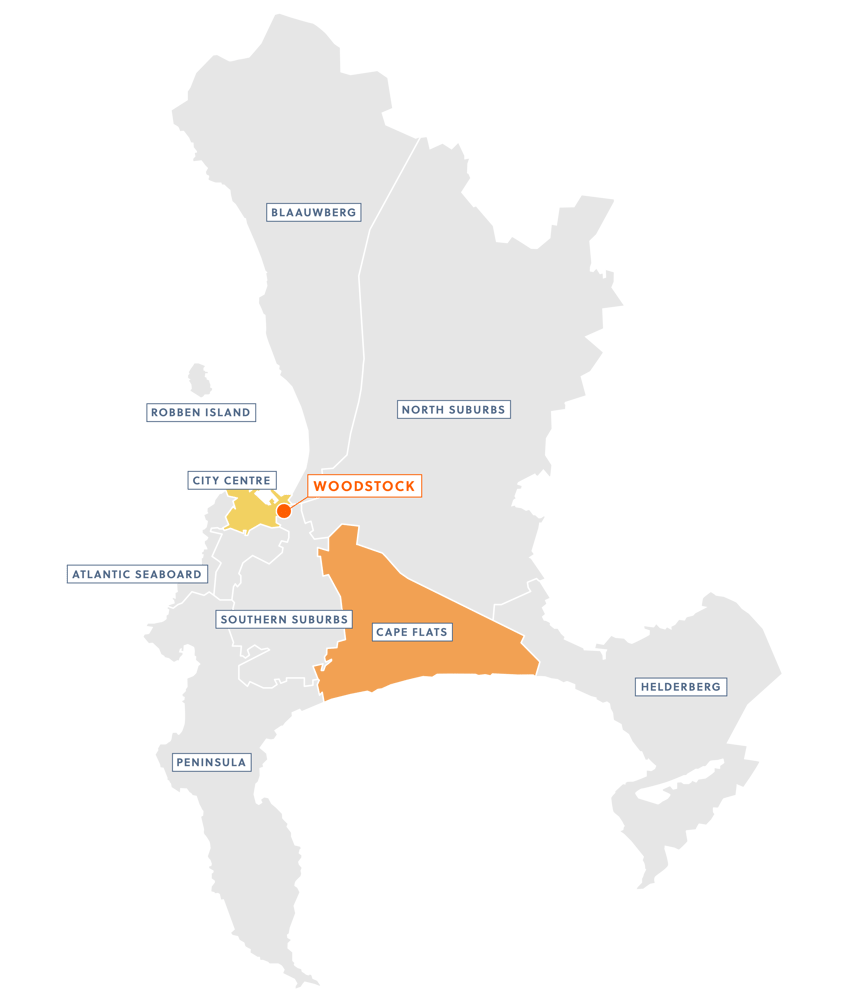Following the recent closure of a prominent bar and eatery in central Cape Town, Richard Gardiner discusses the current dynamics driving extortion in the city’s hospitality industry, the tactics used by the extortionists and why it is unlikely to change any time soon.
In August, a well-known bar and restaurant in Cape Town’s Central Business District (CBD) closed after 11 years, with the owner citing extortion as a major factor. This is not an anomaly, with numerous businesses suffering the effects of entrenched extortion in the CBD, which primarily affects the district's night-time economy, but has expanded over the past four years to other parts of the city’s hospitality industry. While extortion gangs have broadened their targets to sectors like construction, transport, and retail across South Africa in recent years, syndicates in Cape Town still have their sights firmly set on its hospitality scene.
Ripe for the picking
Extortion in the night-time economy of Cape Town’s CBD has been a well-established practice since the late 1990s, with various organised crime groups controlling the industry over the past 25 years. During the Covid-19 lockdowns and associated alcohol bans, many of Cape Town’s nightclubs and bars were forced to close for extended periods, disrupting extortion revenues. In response, these groups expanded their operations to other parts of the sector, including the city’s cafés, hotels, and luxury apartments. Since the pandemic’s end, they have continued to target these kinds of businesses, while competition between rival groups for control over the night-time economy has only grown fiercer.
This battle for control unfolds in a climate highly conducive to extortion. An understaffed and ill-equipped police force, coupled with rampant corruption and collusion, has enabled extortion gangs to operate with relative impunity. The low-risk, high-reward nature of extortion also attracts organised crime groups, as a mere threat of violence often yields a significant payoff. This stands in contrast to more dangerous crimes like cash-in-transit heists, where perpetrators frequently face deadly shootouts with police. Additionally, the established presence of these groups in the city centre, home to hundreds of successful establishments, provides easy access to numerous soft targets.
Stick to what you know
The tactics used by extortionists remain a tried and tested approach. Business owners report being approached by individuals offering so-called ‘protection services’, where they are often coerced into hiring bouncers from the syndicate’s ‘security company’ and threatened with violence or property damage if they fail to pay a monthly fee. Extortion payments range from ZAR 2,000 (USD 111) per month for small businesses to ZAR 80,000 (USD 4,470) for larger ones, with up to 400 businesses in the city reportedly paying monthly fees.
Most of the groups involved in extortion are also engaged in other illicit activities, such as drug trafficking and prostitution. Once they gain access to these venues, they often conduct these illegal activities on the premises. Additionally, extortionists in central Cape Town rely heavily on support from violent gangs with a long-standing presence on the city’s peripheries, including the Cape Flats area, as well as certain neighbourhoods surrounding the CBD, like Woodstock.
Gangs such as the Sexy Boys, Junky Funky Kids, and the notorious 27s have all been employed by extortion syndicates in the CBD to provide muscle in their competition with other groups, and to enforce compliance from their victims.
Map of Cape Town

Looking ahead
The effects of extortion on Cape Town’s nightlife and hospitality scene have been profound, with several high-profile establishments forced to close either temporarily or permanently, while others feel they have no choice but to pay the monthly fees. The new Police Minister Senzo Mchunu has stated he intends to tackle the issue head-on. However, with extortion now a countrywide issue across multiple sectors, combined with the structural challenges plaguing the South African Police Service, Mchunu and his department clearly have their work cut out as they attempt to fight multiple fires at once.




